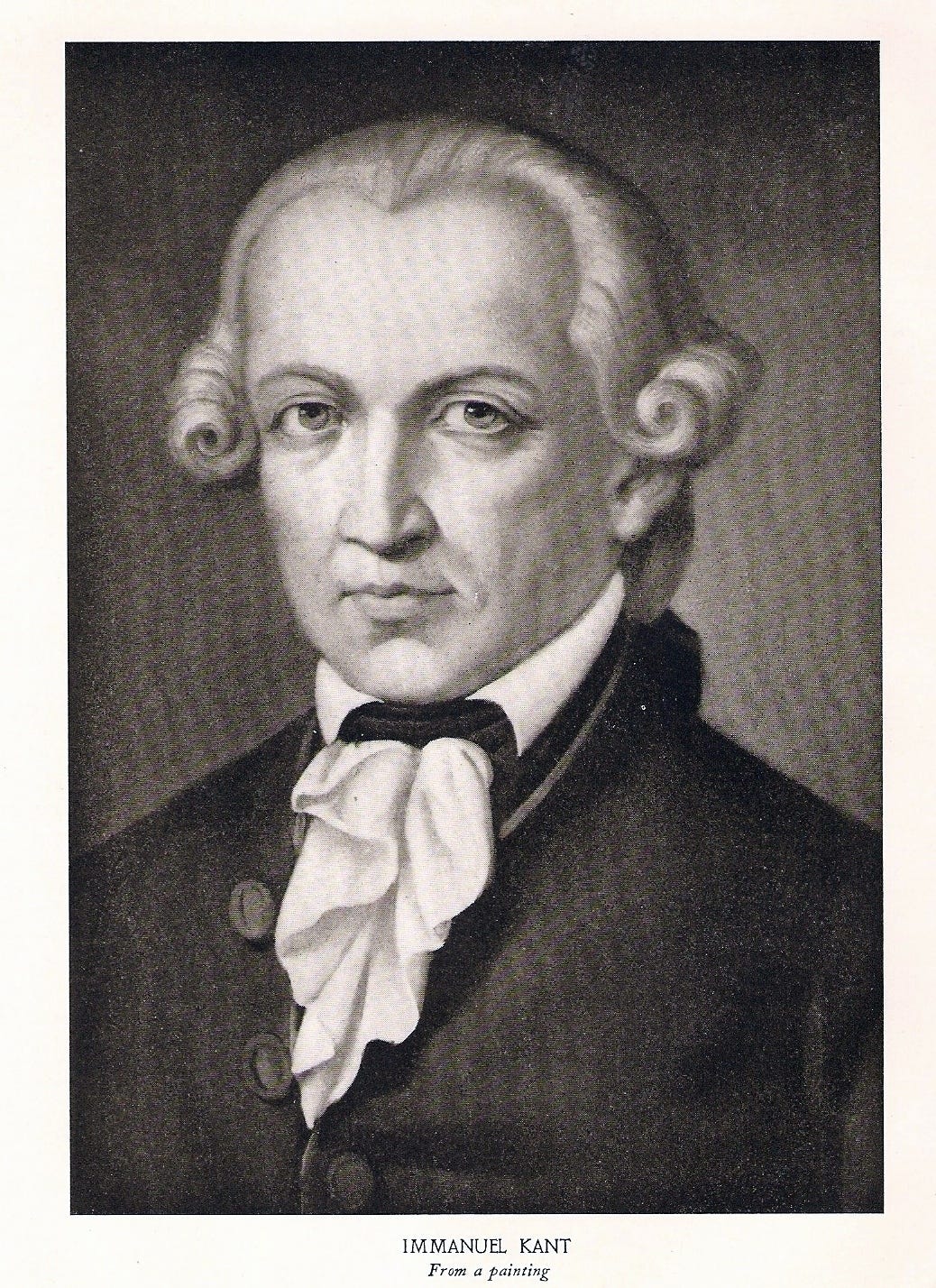
This article reviews A History of Management Thought by Morgen Witzel, a graduate textbook on organization and management theory. We will undertake a brief explanation of what the term management meant from the beginning of humanity to the present day.
Still, the problems in its history are the apparent faults and ‘holes.’
This book moved me by its effort to “plug in the hole” by posing a debate on the power structures of early capitalism, to criticism of contemporary management theory generally.
About the Author

Morgen Witzel is a member of the University of Exeter, UK, Centre for Leadership Research and a Fellow of the Royal Society of Arts and of the Royal Literary Fund. He is the author of hundreds of papers for the scholarly and popular press. He has already published eighteen textbooks, including Doing Business in China, Management: The Basics, and Management History, all available from Routledge. He is a journalist, lecturer, and consultant on business and management on the history of management.
A History of Management Thought is at management’s transformation as an academic discipline — from past to present — and explores how management views have evolved socially, politically, and technologically with society.

In pyramids building enterprises, strategic planning of wars, how the East and the West taught administration in the Middle Ages up to question how the Enlightment and Industrial Revolution altered the science of administration, Witzel followed management patterns from the ancient past and guided them to problems in today’s world.
Brief Summary of the Book
In the Introduction of his book, Witzel fully describes why it is important to learn about the history of management thoughts. He explains his conviction that we cannot understand the present without knowing the past and suggests that the past is used to look more effective at present. Witzel believes that a management past will show management factors over the centuries. Finally, he argues that the past’s importance will remind us how important it is to continue dreaming and pushing it further; by looking back over the past, we will fully appreciate its theory. He brings a personal touch to his work and gives the reader a solid basis for reading and looking at seminal works of management.
The first chapter Early Management Thought starts from ancient times. It explains how much of the earliest management research can be divided into two groups. On the one hand, texts that distinguish between civilization and the environment, and these texts provide identity and ideology to this civilization. And on the other hand, fictitious mythologies that offer a glimpse of the values of the era. Witzel then links it with how those ancient civilizations saw leadership and what to expect from it. Many civilizations expected their leaders to be wise, strong, honest, and responsible with how we nowadays understand the term management. Witzel credits ancient Literature with how the administration maintained order and peace at that time. The layout of this chapter follows a geographical approach to the administration of ancient civilizations.
This second chapter concerns Management Thought in the Age of Commerce, which focuses on a period of years in Europe and Asia from the third to the sixth century. Witzel points out that a drastic shift occurred in the West because of migration to the West and a breakup of the Holy Roman Empire into independent states. In comparison, Witzel indicates that the East shifted too, as the Middle East empire’s supremacy was an anti-Byzantine power. As a result, worldwide trade became more complicated due to disruptions, with new management ideas to deal with these issues being introduced.

Chapter three deals with Management in an Age of Enlightenment and has a broad spectrum of ideas. The Revolution was a time of cultural and intellectual change in Europe. The science and new curiosity of the world was brought about, and the Industrial Revolution began.
With an Immanuel Kant quotation “Dare to know,“ Witzel summarizes the era’s paradigmatic change in management view during this period due to new economic and political ideas.
In the last chapter Management in the Internet Age, Witzel focuses on socialization and communication in management work and how technology has changed what has led to management achievements and problems. The last chapter is particularly interesting, so the reader can appreciate and critique today’s management problems.
The structure of the book is easy to follow, and for students, it is perfectly organized. Each chapter focuses on a particular period and how management issues were treated. Each chapter starts with a quotation concerning each chapter’s management, which solidify the different message of the book.
The book is written in a plain, precise, and straightforward language to the extent that it is available to everyone at all management levels or business training. It ensures that Witzel avoids a sweeping tone-good for readers and enjoys reading the text.
All in all, this is an excellent text to research managerial history in human history.
However, its concepts are very brief — so it is more a starting point than a complete account of it.
Outlook — Future of Management
Morgen Witzel’s A History of Management Thought is an incredibly broad mission, an effort to analyze all leadership from the very beginning of society, to show what, since humanity was born, people have been written and thought about management problems and how to address them. Despite Witzel’s aim, his story does not reveal any significant gaps — he says many times, surprisingly, that this or that great civilization
“has created a great deal of remarkable business and management work.”
This is the great value of the book as it opens research beyond archival work and historical points of view.
Reference
Witzel, Morgen (2016). A History of Management Thought. London: Routledge.









